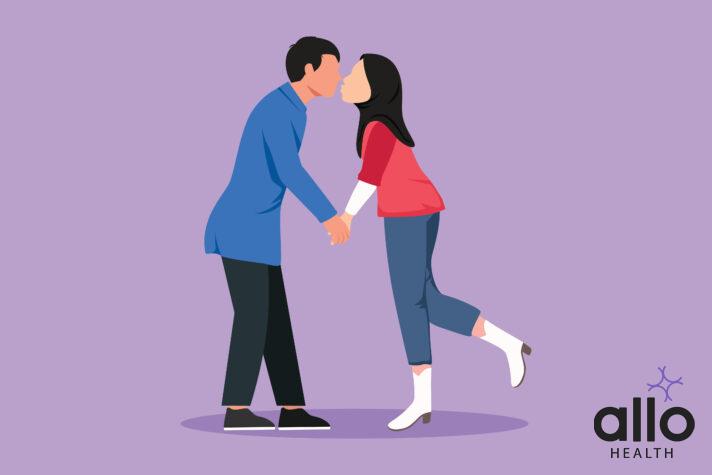Arousal, Asperger Syndrome, And Intimacy

It’s completely normal for individuals to have varying experiences with arousal, and your situation is not uncommon. At 23, not experiencing arousal may feel concerning, but it’s essential to understand that sexuality and arousal can manifest differently in different people. Your gynaecologist’s assessment of your physical health is a crucial reassurance. The fact that you haven’t experienced arousal doesn’t inherently suggest a health issue.
Your psychiatrist’s insight into signs of Asperger syndrome sheds light on a potential psychological aspect influencing your arousal. Asperger syndrome, a form of autism spectrum disorder, can affect how individuals perceive and interact with the world, including intimacy. It’s important to acknowledge that neurological differences can influence arousal patterns.

Feeling embarrassment or vulnerability around nudity and intimacy is also a common experience, especially if one hasn’t had prior sexual encounters or if there are underlying psychological factors at play. These feelings can create barriers to experiencing arousal. Seeking support from a therapist or counsellor who specialises in sexual health and relationships could be beneficial in exploring and addressing these emotions in a safe and understanding environment.
Remember, everyone’s journey with sexuality is unique, and there’s no one-size-fits-all timeline for experiencing arousal or engaging in sexual activities. It’s crucial to be patient with yourself and focus on self-exploration and understanding. Exploring relaxation techniques, mindfulness, and self-care practices may also help in fostering a more positive relationship with intimacy and arousal over time.
Not experiencing arousal at 23 can be influenced by various factors, including psychological aspects like Asperger syndrome and emotional barriers to intimacy.



